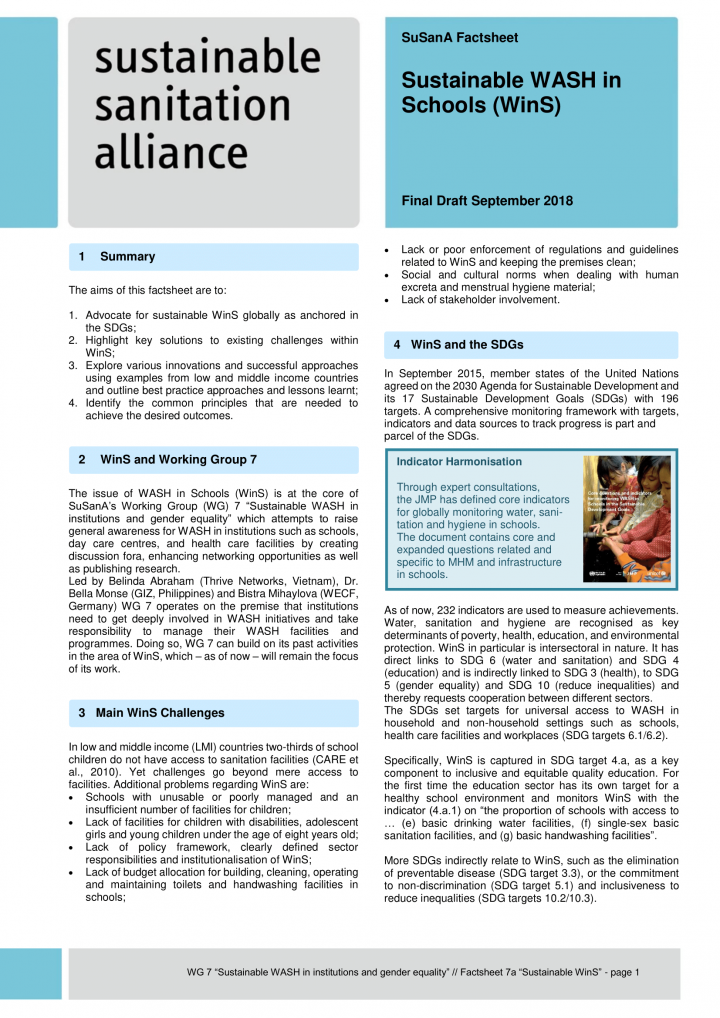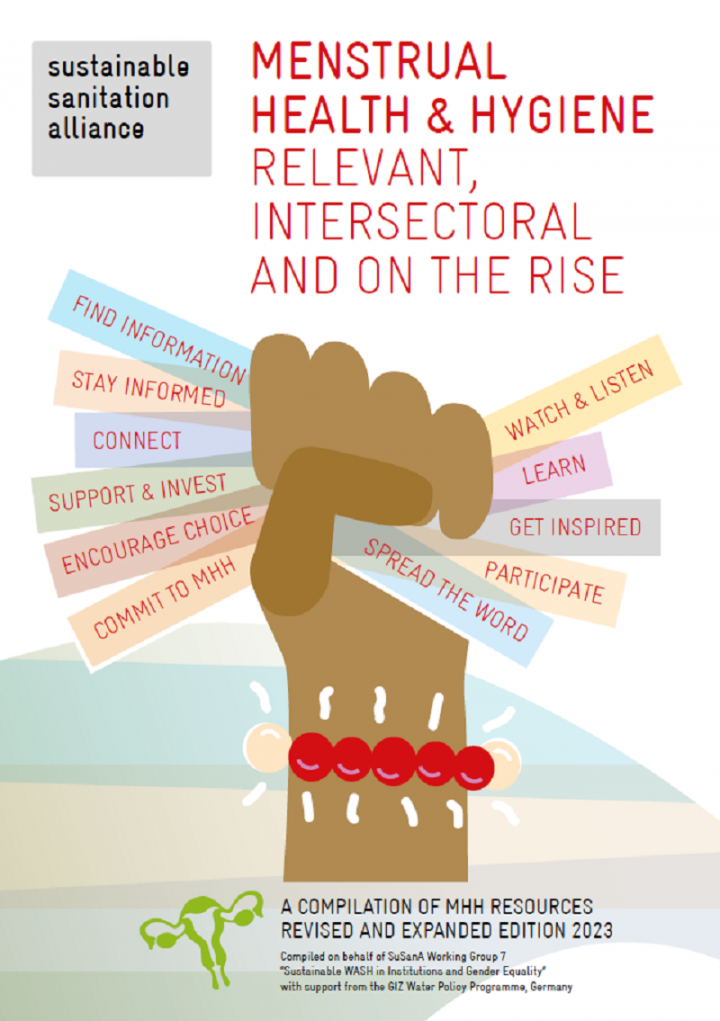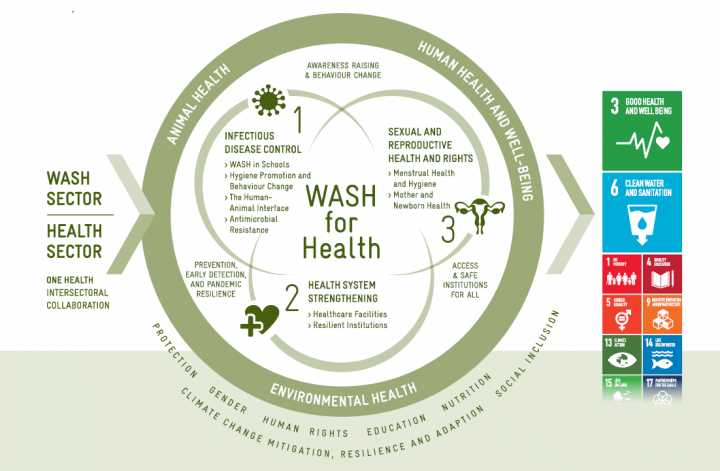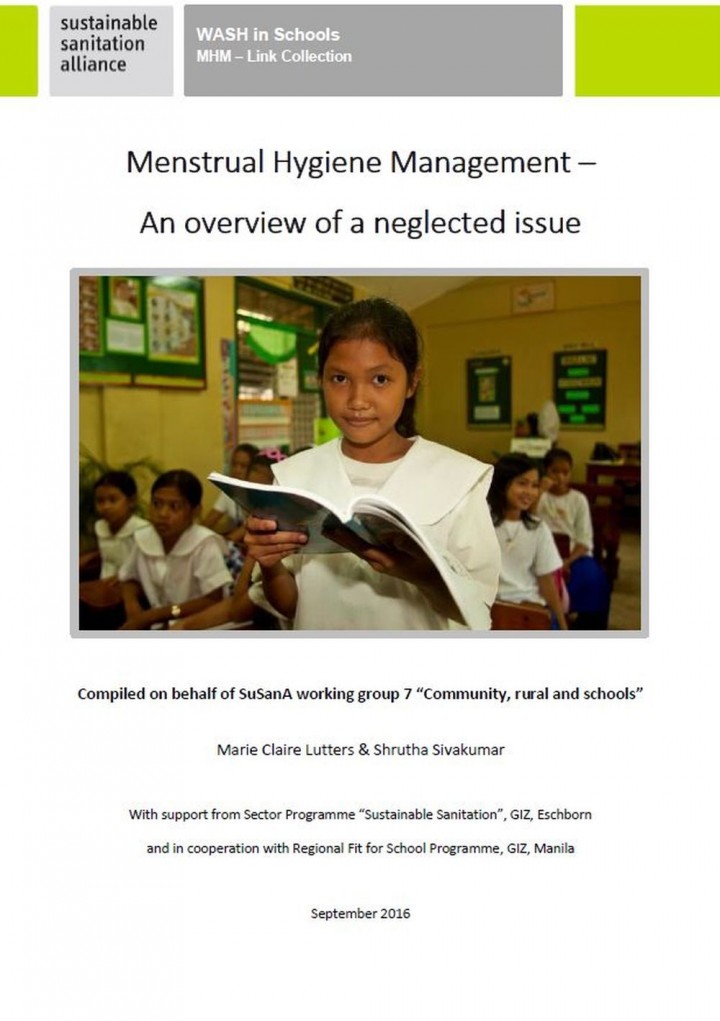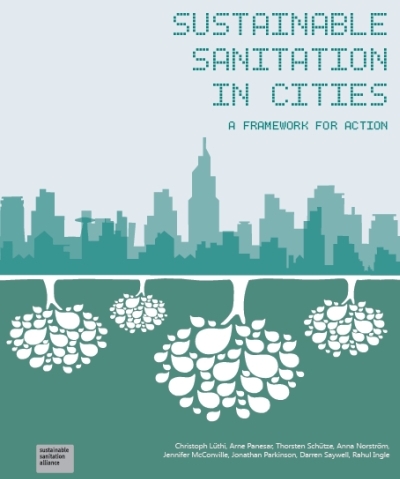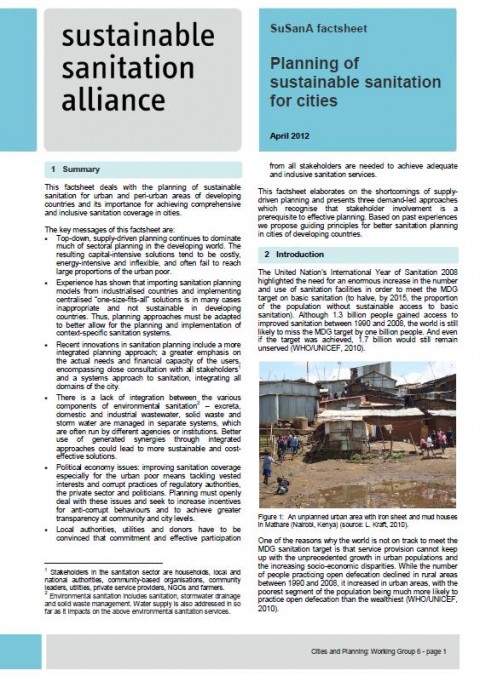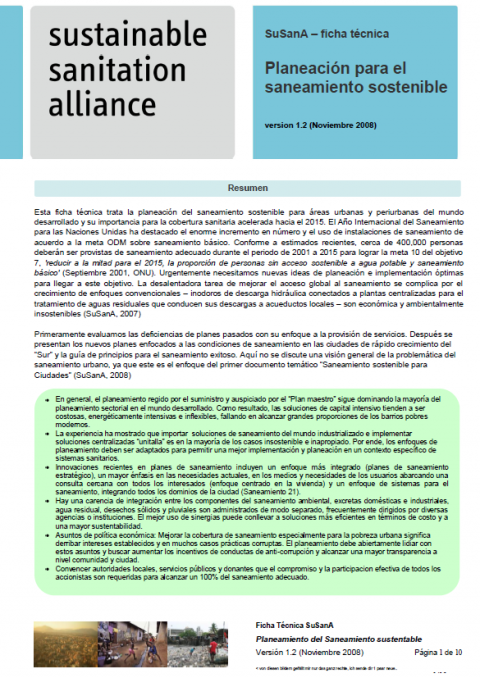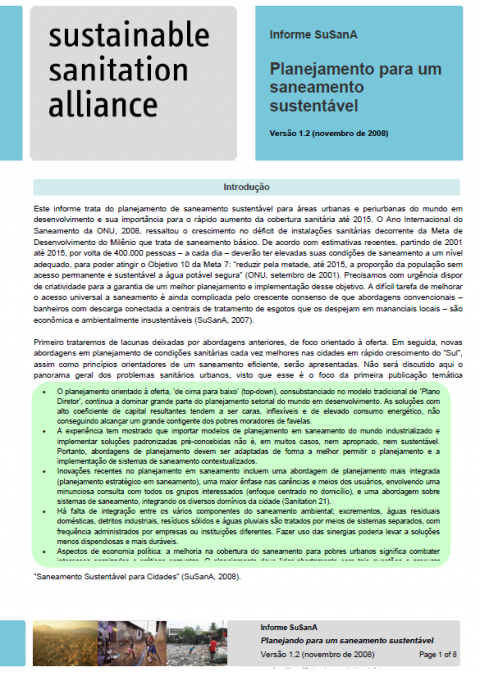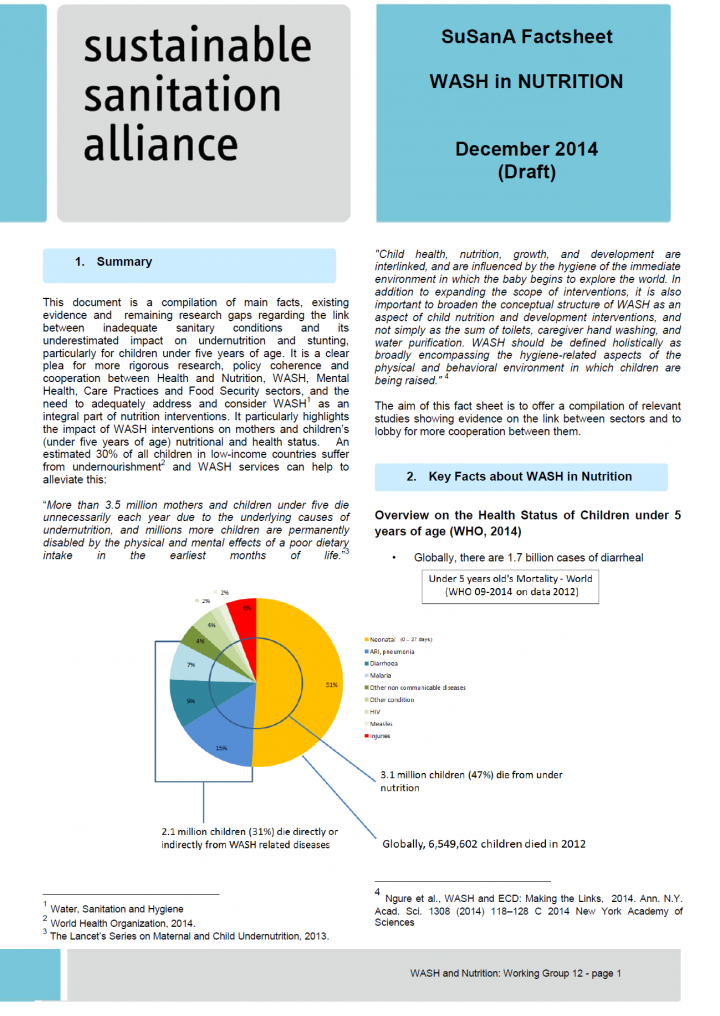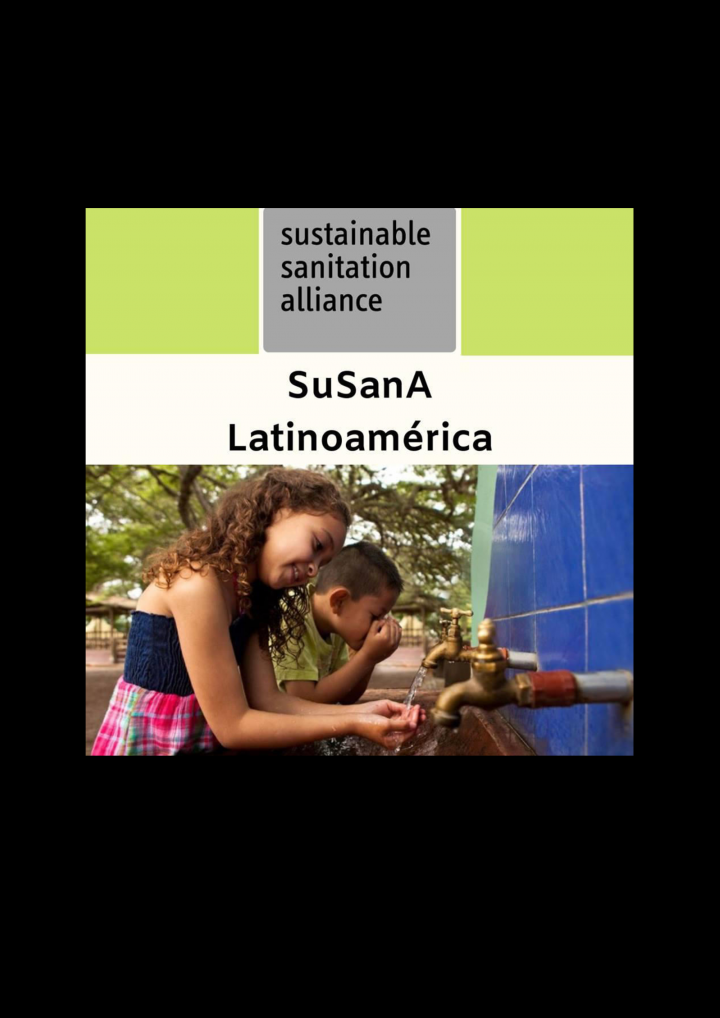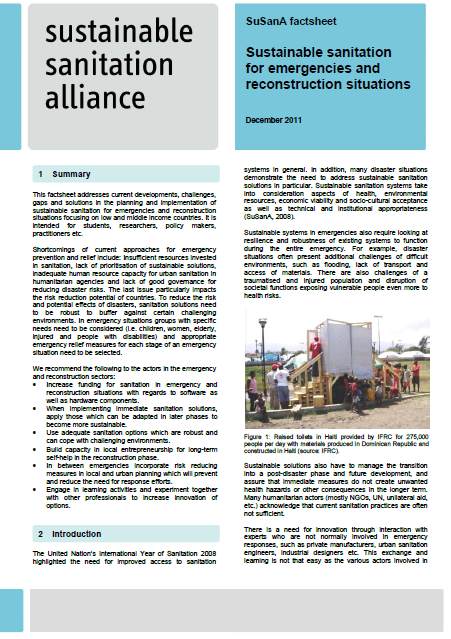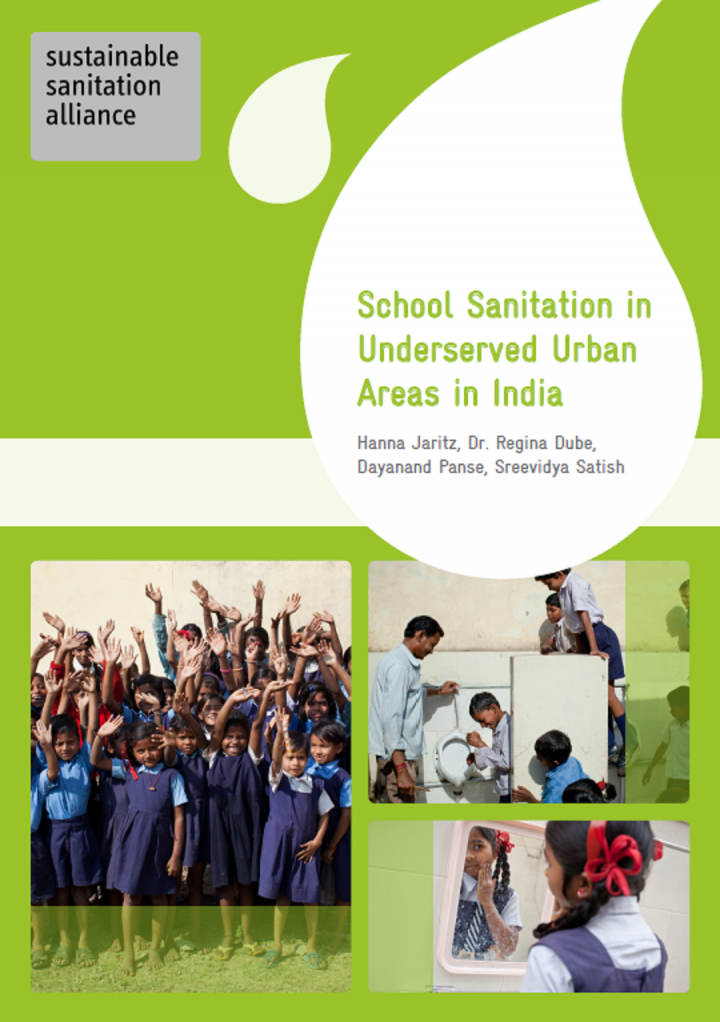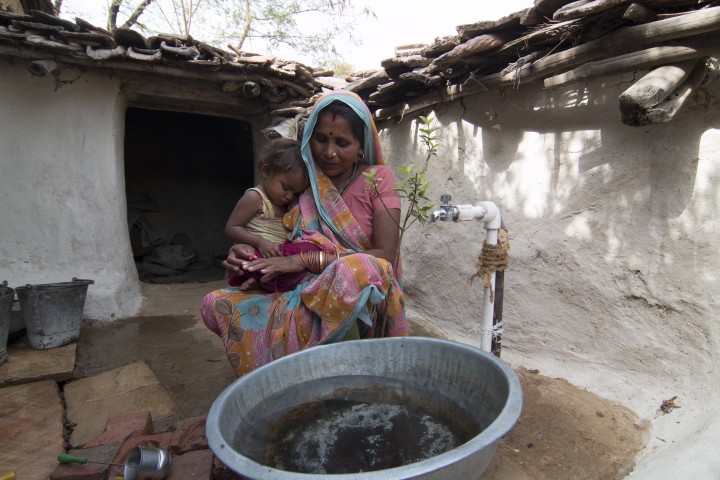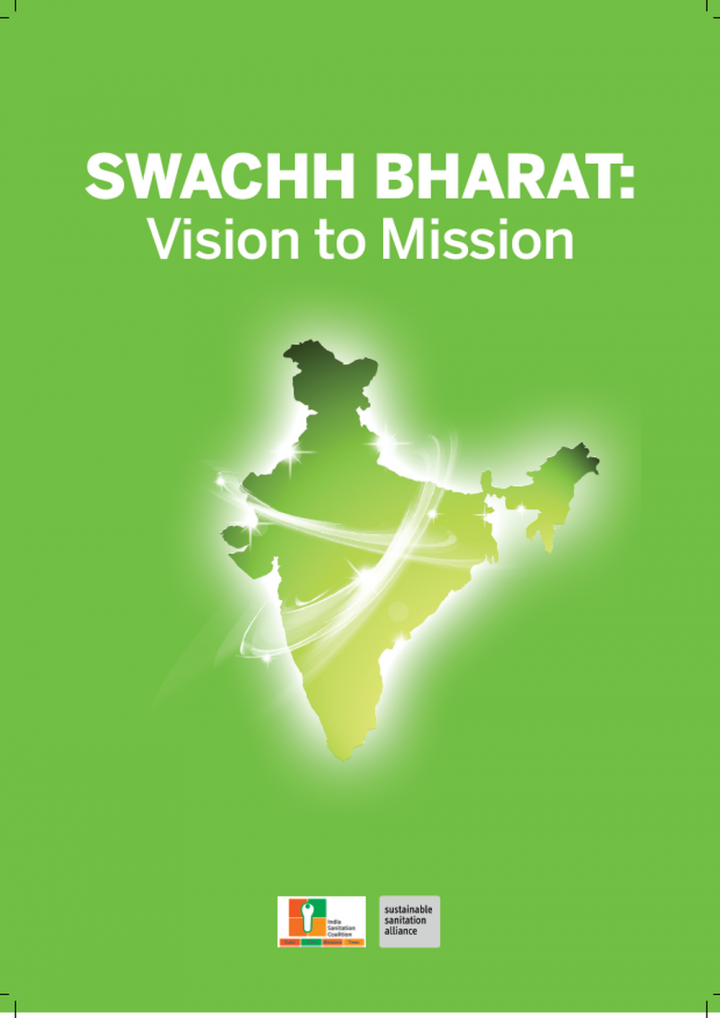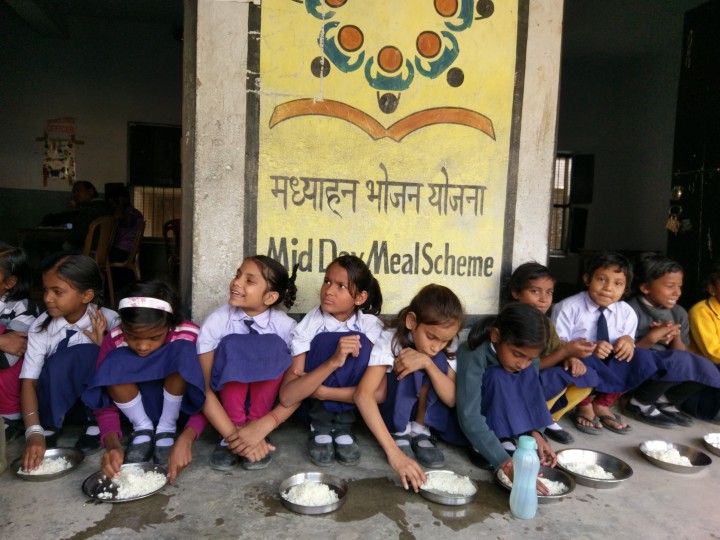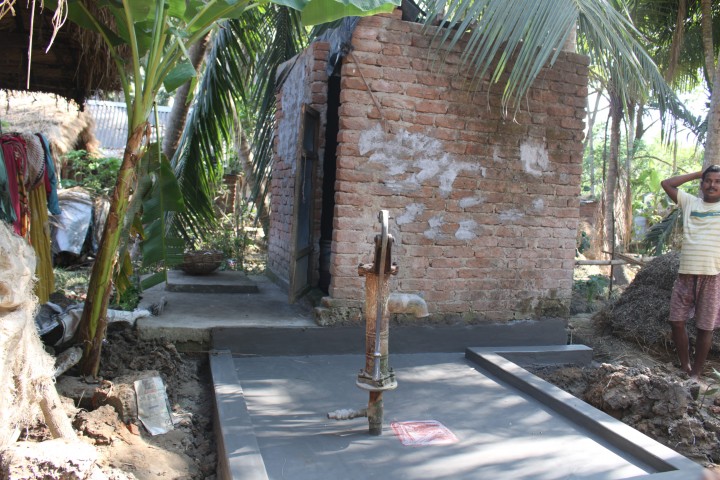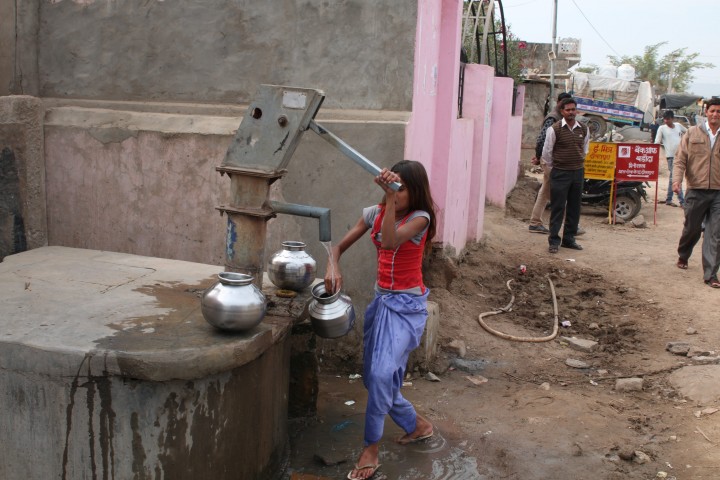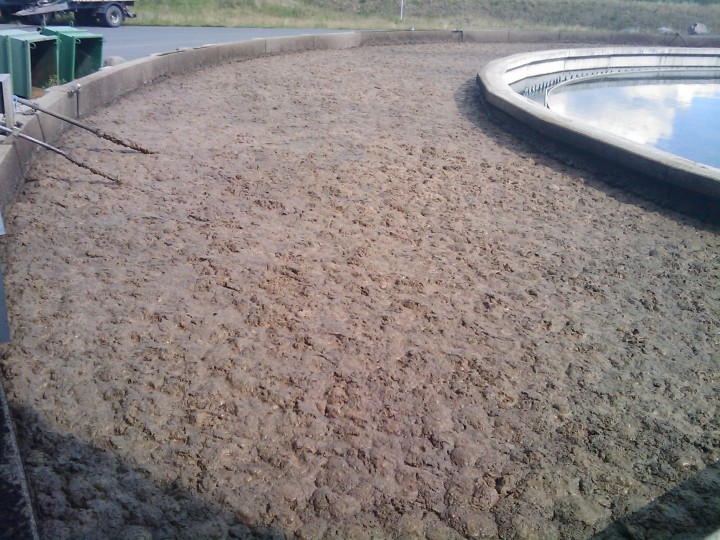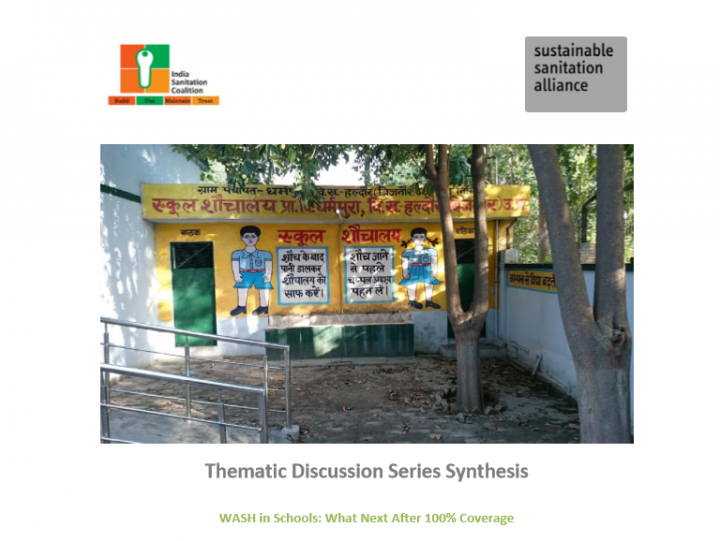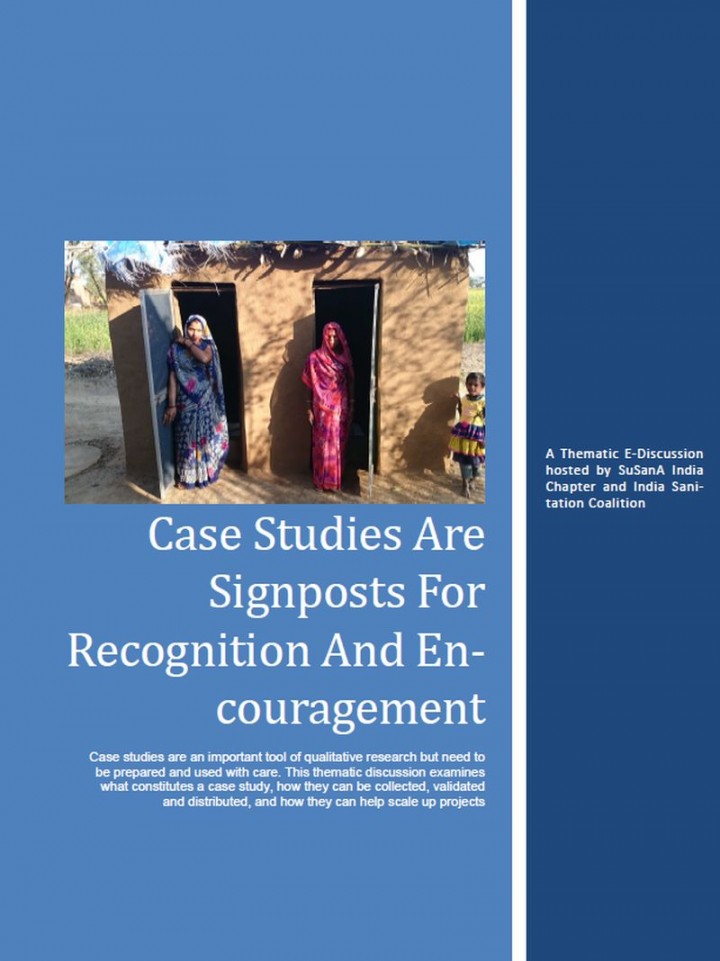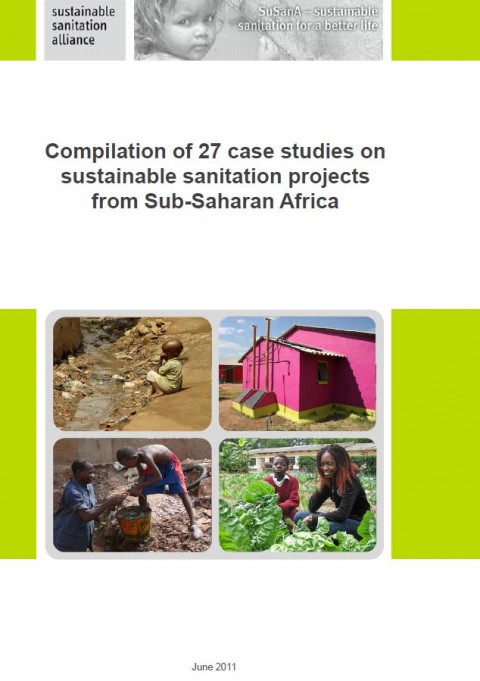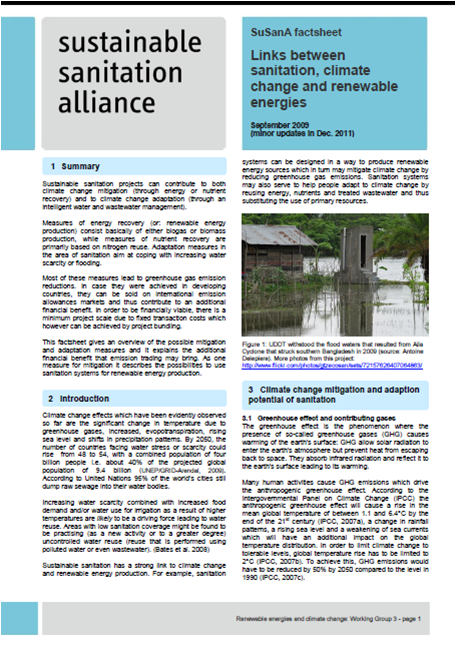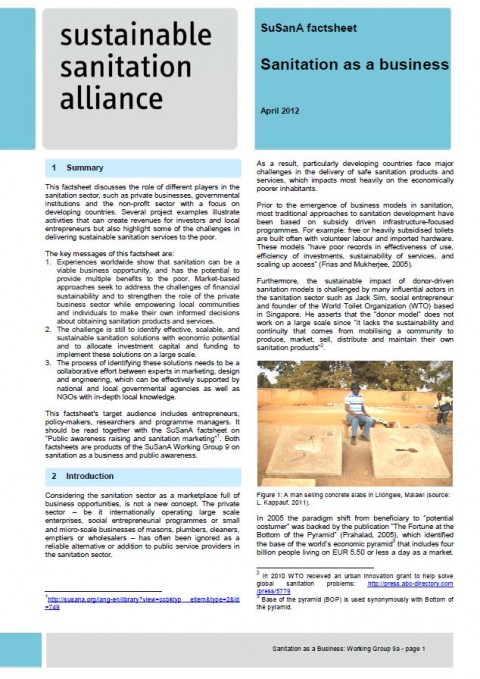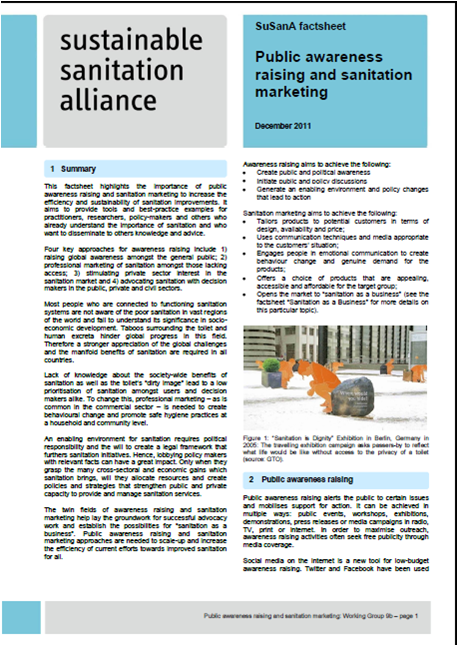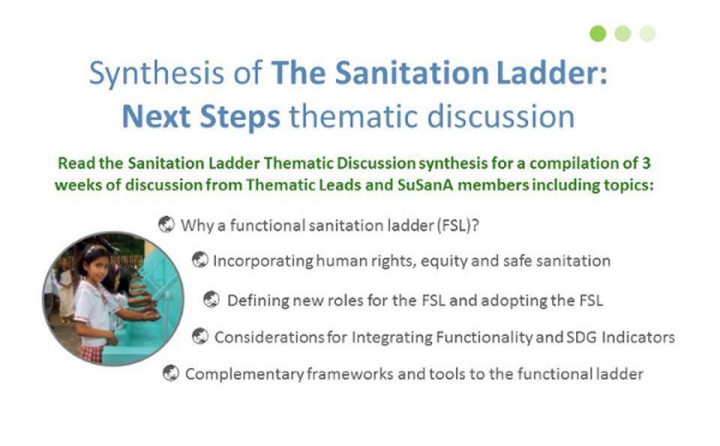Searching for information on Sanitation Workers?
The Sanitation Workers Knowledge + Learning Hub is the best source for all current news, trends, articles and updates on sanitation workers rights around the world.
The aims of this factsheet are to:
1. Advocate for sustainable WinS globally as anchored in the SDGs;
2. Highlight key solutions to existing challenges within WinS;
3. Explore various innovations and successful approaches using examples from low and middle income countries and outline best practice approaches and lessons learnt;
4. Identify the common principles that are needed to …
The 4th edition of a comprehensive compilation of menstrual health and hygiene (MHH) resources provides an overview and categorization of the key resources available to date. This publication brings together a wealth of resources, including research, case studies, project examples, and informational materials for everyone interested in MHH.
Its main purpose is to offer individuals and …
The WASH for Health approach presents significant opportunities for advancing not only SDG 3 (Good Health and Wellbeing) and SDG 6 (Clean Water and Sanitation) through improving public health outcomes, including WASH in infectious disease control, health system strengthening, and sexual and reproductive health and rights. Adopting the One Health approach provides a broader perspective, …
Globally 52% of the female population is of reproductive age, meaning approximately 1.9 billion women and adolescent girls menstruate each month for between two and seven days.
A first examination of the MHM global landscape: literature, academic studies, main actors, and debates, by the Sector Programme Sustainable Sanitation of the Gesellschaft für Internationale Zusammenarbeit (GIZ) was …
Durante la V LATINOSAN en San José, Costa Rica, se lanzó oficialmente SuSanA Latinoamérica. El evento fue moderado por Sergio Pérez, un especialista en agua y saneamiento del BID, y más de 70 asistentes participaron. Cecilia Rodrigues (Secretaría de SuSanA) ofreció un breve resumen del impacto global de SuSanA y las herramientas que ofrece la plataforma. Los objetivos específicos de …
This publication is the background article to one of the case stories in the SuSanA case story collection “Making WASH in Schools more Sustainable” (Vol II.). It has been selected as one of the focus case stories on monitoring under the umbrella of the SuSanA Working Group 7 on school sanitation.
The project "School Sanitation in Underserved Urban Areas in India" has shown that in the …
The COVID-19 pandemic has affected women more than men in several ways, according to studies. They have had to take care of patients while coping with lock-downs that have restricted access to daily necessities and basic services, including water, sanitation and hygiene. At the same time, however, women have shown great strength and leader-ship in managing the uncertainties and challenges …
The India Sanitation Coalition (ISC) and Sustainable Sanitation Alliance (SuSanA) are pleased to present this report of the Swachh Bharat Mission (SBM), two and a half years after its launch. This document captures the ideas from ISC partner experiences, as well as e-discussions on the India Chapter of the SuSanA platform. It builds on these with secondary research to present the status of SBM in …
This document draws on SuSanA’s resource base of materials and information contributed by over 10,000 members. Its authors have also conducted secondary research. It represents a consultative process with the experts and other prominent authorities in the sector. At the time of publishing, the document represented the best possible advice based on the data and experience of the group.
In peri-urban areas and small and medium towns, several studies have found women have problems finding safe and convenient toilets and drinking water. The toilets provided in resettlement colonies and tenements are often inadequate, unsafe and in poor condition. One of the main reasons for bad water and sanitation facilities in these resettlement areas is that women are usually not part of the …
Research from past epidemics of the severe acute respiratory syndrome (SARS) caused by coronaviruses has suggested viruses are excreted in stools by infected human beings. They have been detected in sewage. Mapping where they were found can help determine if there were infections in a geographic area. This method has been used to keep tabs on polio and use of drugs, especially cocaine.
Traces …
From 4 – 23 September 2017, the India Santation Coalition under the umbrella of the SuSanA India Chapter organised a thematic online discussion about WASH in Schools in India.
The discussion examined how to improve WinS to a level where boys and girls have separate and adequate toilets, hand-washing facilities, hygiene is addressed in schools, and adolescent girls have usable …
Sustainable sanitation projects can contribute to both climate change mitigation (through energy or nutrient recovery) and to climate change adaptation (through innovative sanitation systems and wastewater management).
Measures of renewable energy production consist basically of either biogas production from waste water or biomass production through the use of waste water to grow short …
The synthesis of the thematic discussion series "The Sanitation Ladder: Next Steps" provides a summary and the key points of the first thematic discussion series on the SuSanA Discussion Forum.
The thematic discussion addressed the role of the functional sanitation ladder in the WASH-related post-2015 landscape, where discussions and negotiations are currently taking place to determine the …

